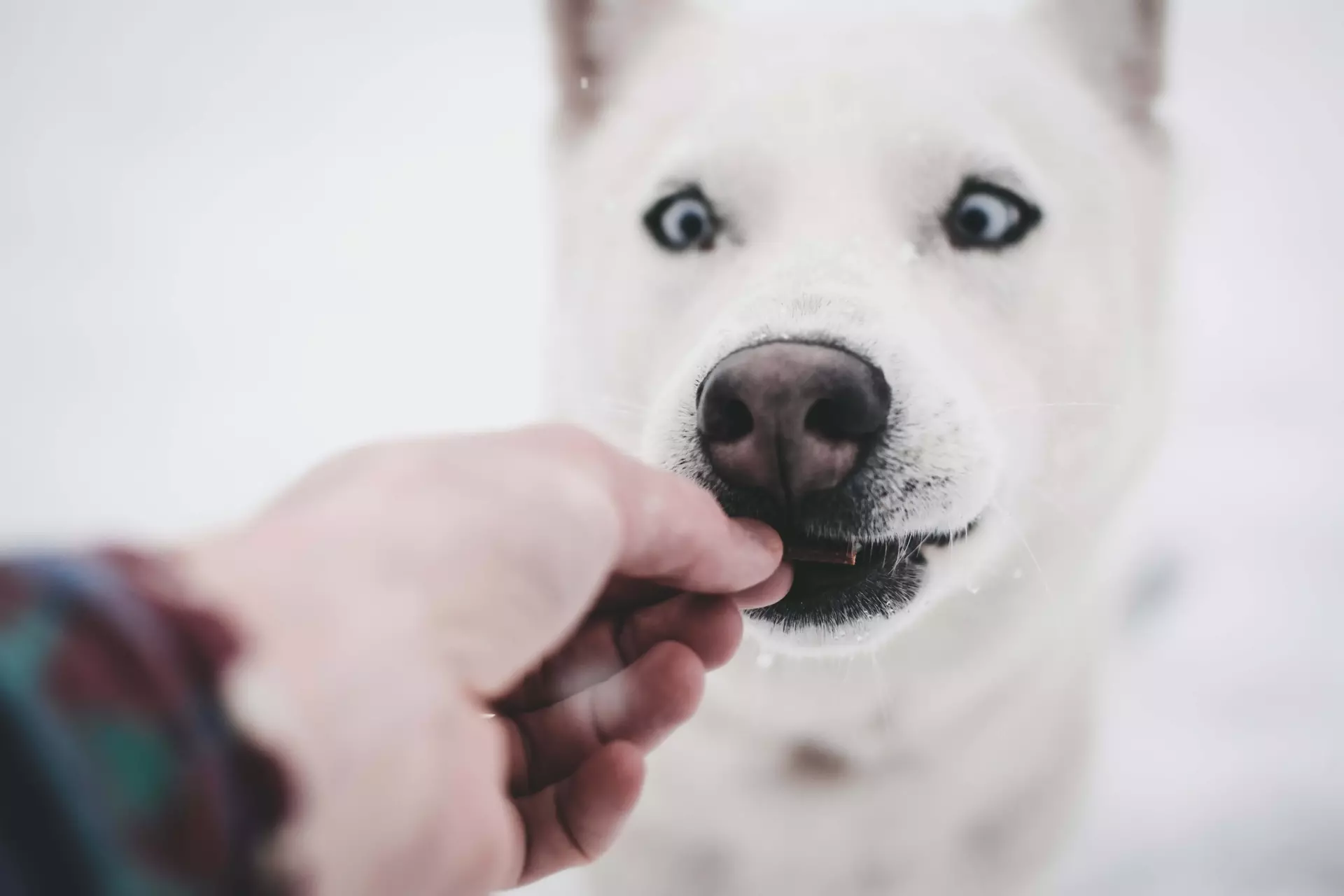Did you know that arthritis is one of the most common conditions that we see in dogs? By the time Fido is eight, his chances of developing this painful condition will be about 80 percent. There’s no cure for arthritis, but there are a variety of treatment options that can help manage it and keep your pooch comfortable and mobile. Like any medical condition, arthritis can be treated most successfully when it’s caught early. A local Langley, BC vet gives some warning signs to watch for in this article.
Limping
Limping is often the first indication of canine arthritis. In the early stages, Fido may only limp briefly, usually when he first gets up. As his condition progresses, though, that limp will become both more pronounced and more persistent.
General Stiffness
Your four-legged buddy may also just seem rather stiff and sore. He may seem to have trouble getting comfortable, and he may not seem very mobile or flexible.
Reduced Interest In Play
Arthritis can really take a toll on Fido’s playful antics and his love of running, jumping, and playing Fetch. If your canine buddy doesn’t seem very interested in play, arthritis could be to blame.
Licking/Biting
Another thing to watch for? Fido may lick and bite at sore spots, particularly his legs or paws.
Grumpiness
Being in pain can put anyone in a sore mood. That is true for both people and pets. Fido may seem sullen, depressed, or just a bit sad.
Reduced Mobility
You may also notice your furry friend having trouble going up and down stairs, or perhaps getting in and out of the car. If Fido is allowed on beds and couches, he may also struggle with getting on and off them.
Shying
Fido may not want to be touched, particularly around his sore spots. He may flinch or shy away from being petted. In some cases, dogs can even get a bit aggressive about this.
Tips
Arthritis often comes on with age, but it can also develop after injuries or infections, or sometimes due to simple genetics. If you see any of these indications in your canine pal, reach out to your vet right away. Proper veterinary care and great home care can both make a huge difference, and can help reduce or delay symptoms. Keep Fido active and at a healthy weight, and make sure he’s eating a proper diet. Ask your vet for more information.
Do you have questions about your dog’s health or care? Contact us, your local Langley, BC animal clinic, anytime!



!Social Media Icons